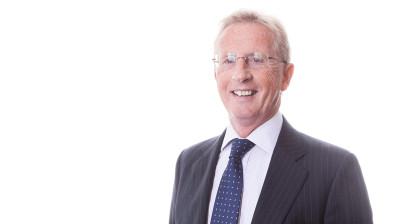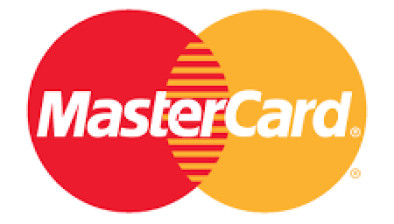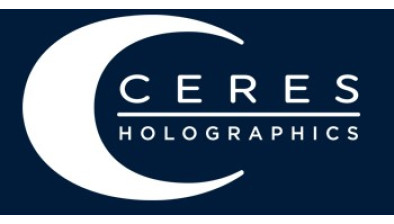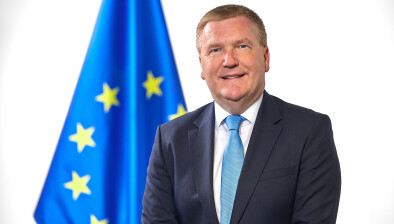Gender discrimination still rife in payments industry, according to survey
A survey by the Emerging Payments Association (EPA) has revealed that over three-quarters of women in payments believe gender discrimination remains unacceptably high in the industry.

Many participants in the survey said they had personally experienced gender bias. The survey questioned 174 people in the industry, 78% of whom were women. It revealed that 77.5% of female respondents believe gender discrimination is unacceptably high, however only 38% of men agree.
Over half of the respondents said they have personally experienced gender discrimination. Within this group, there is a “strong sense that the bias has significantly, negatively impacted the pay, duties and advancement” of victims.
The report revealed that according to the European Commission, women in the EU make an average of 16% less than their male counterparts. But it stated that “wages alone do not account for the whole of bias women face in the workplace”.
Regarding how bias manifests, 60% believe that men have better opportunities, 55% think men prefer to hire other men, and just 16% think women receive preference in hiring and promotion because they are smaller in numbers.
The study also revealed that around 20% agree that sexual harassment is common in the industry.
Survey participants say that gender discrimination does not only have heavy direct costs for individuals, also indirect costs. Those who feel they have been discriminated against have a more negative attitude about both the current situation and the prospects for future improvement. This can damage efforts to create diversity in the sector, something that is damaging because respondents believe that diversity leads to higher satisfaction, higher employee retention, easier recruiting, a better work environment, more innovation, and last but not least, higher overall profitability.
A large proportion, but not the majority of participants, feel that their current organisations discuss gender equity but have failed to take affirmative steps. A further 59% feel that their organisations could do more to provide equal opportunities.
In response to the issues identified, EPA has announced that it will be creating a ‘Diversity Charter’ to help encourage its members to commit to creating diverse senior leadership teams. By signing up, members will be able to publish key metrics and inform external and internal stakeholders of their commitment towards equality.
Anne Pieckielon, project lead, EPA’s Women in PayTech, said: “It’s clear that gender equity is not a women’s issue, it’s a problem that impacts everyone. This research highlights that the EPA, through its community and its partners, can and should play a major role in driving this change and enabling individuals and companies to do the right things at all levels.”
An anonymous team leader with 7-12 years of industry experience, said: “Make it not just a women’s problem. At the moment it feels like many men do not think there is an issue. Until they understand that, no meaningful change can occur.”
Another anonymous business development manager with 3-7 years of industry experience, added: “Keep talking about it. Keep highlighting bad behaviours, but more importantly those who champion the cause and why it is so positive for all.”










